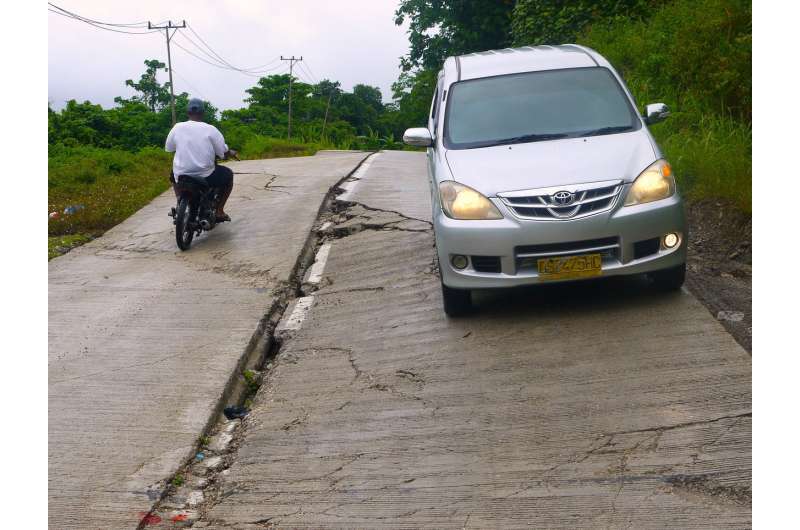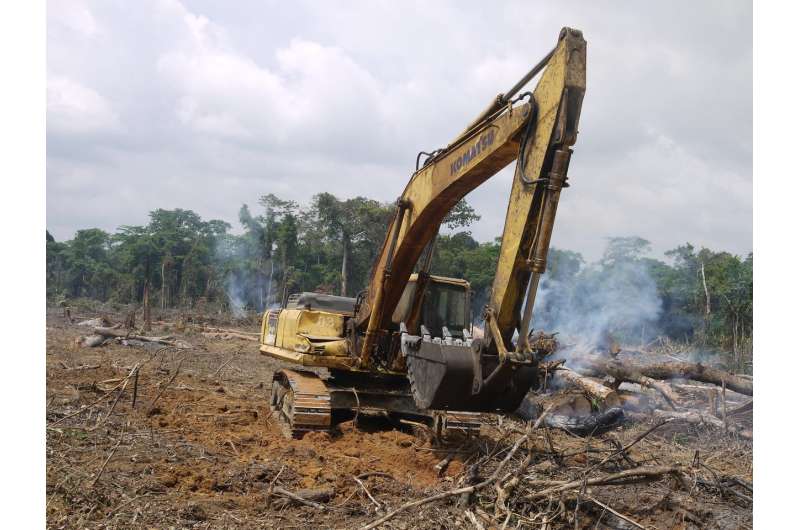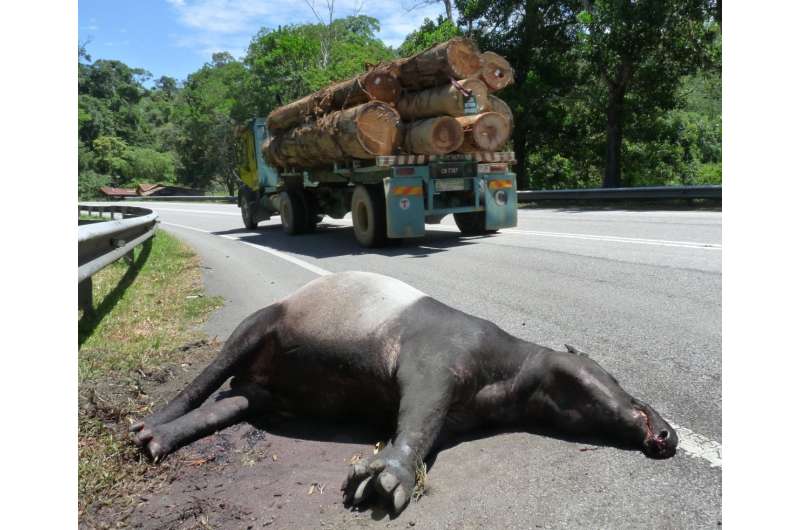Global road-building explosion could be disastrous for people and nature, say scientists

The global explosion of new roads is rife with economic, social, and environmental dangers, according to a study in Science led by Professor William Laurance from James Cook University.
"We've scrutinized major roads and infrastructure projects around the world," said Laurance, "and it's remarkable how many have serious hidden costs and risks."
The study was co-authored by Irene Burgués Arrea, an economist with the Alliance of Leading Environmental Researchers & Thinkers (ALERT) in Costa Rica, who has studied road-building costs and benefits throughout Latin America and Africa.
The most urgent priority, say the researchers, is limiting millions of kilometers of new roads being planned or built in high-rainfall areas, mostly in developing nations of the Asia-Pacific, Africa, and Latin America.
"This is where ambition for quick profits meets nearly impossible engineering," said Laurance.
"Rainfall-drenched roads develop pot-holes, giant cracks and landslides so fast it's nearly unbelievable," said Laurance. "They can quickly turn into giant money-losers."
"Many roads that are planned for wet, swampy or mountainous regions shouldn't be built, and that's based only on economic criteria," said Laurance.

"If you add in environmental and social costs, then the pendulum swings even harder against new roads, especially in forested areas with high environmental values," said Burgués Arrea.
By the year 2050, it is projected that there will be an additional 25 million kilometers of new paved roads on Earth—enough to encircle the planet more than 600 times.
And in just the next three years, paved roads are expected to double in length in Asia's developing nations.
"The public often ends up with major debts from failed roads. A few road developers and politicians get rich, but vital development opportunities are easily squandered," said Laurance.
"It's remarkable how many nations, investors, and lenders are failing to see the profound risks of road expansion in wet tropical environments, which are also the world's biologically richest ecosystems," said Laurance.

More information: "Roads to riches or ruin?" Science (2017). science.sciencemag.org/cgi/doi … 1126/science.aao0312
Journal information: Science
Provided by James Cook University

















